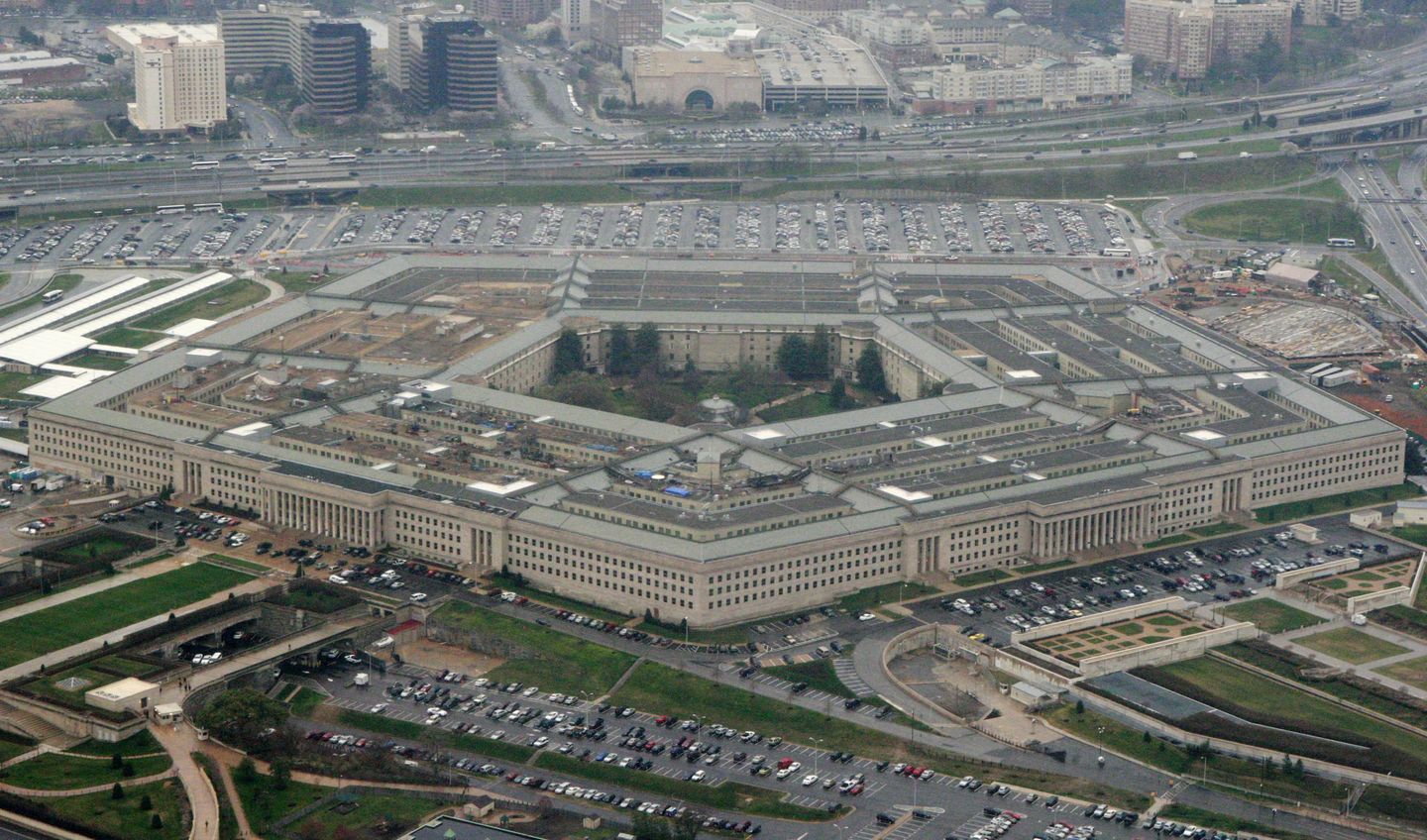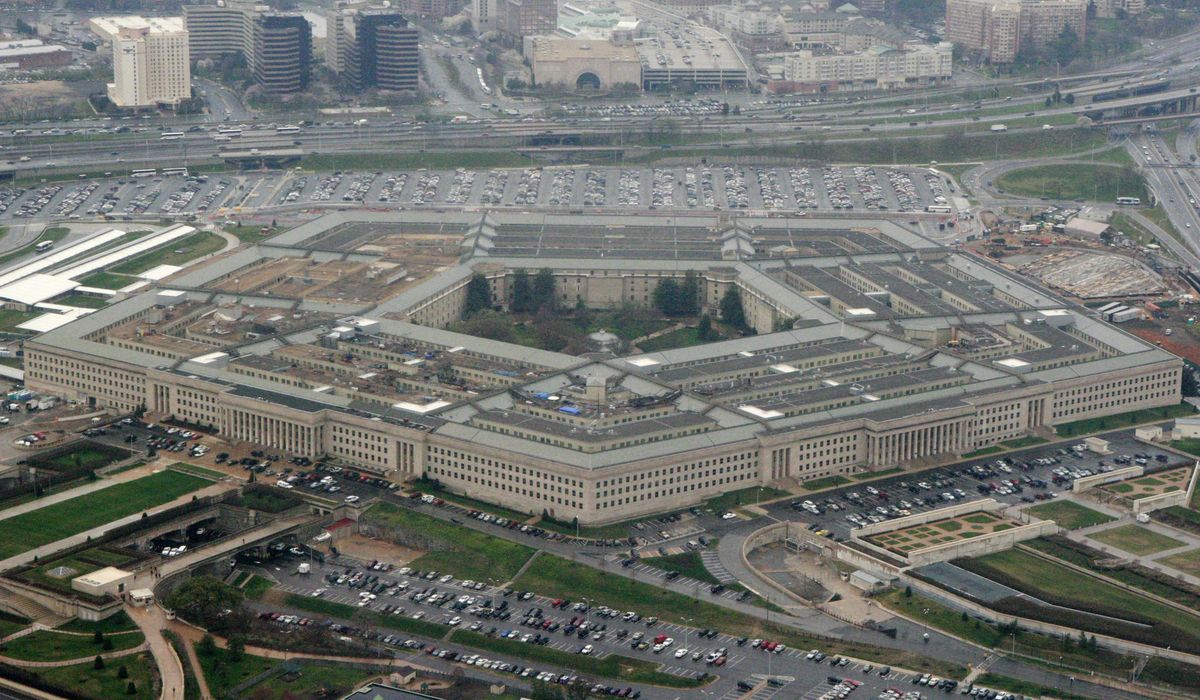

The Pentagon‘s new anti-extremism crackdown on troops’ social media activity is also targeting what the brass considers unacceptable elsewhere in a service member’s life — from the T-shirts that a soldier wears to the bumper stickers plastered on his car to the tattooed slogans and symbols inked on his body.
New Defense Department guidance released last week offers new definitions for what constitutes “active participation” by military personnel in a hate group or extremist organization. The most noteworthy updates to the Pentagon policies center on social media, with troops now potentially facing consequences if they share, like or otherwise amplify hateful messages on Facebook, Twitter or elsewhere.
But the internet is just one avenue.
<!– Temp removal of in article reco
End comment –>
“Knowingly displaying paraphernalia, words, or symbols in support of extremist activities or in support of groups or organizations that support extremist activities, such as flags, clothing, tattoos, and bumper stickers, whether on or off a military installation” is a violation of the policy, the Pentagon guidance says.
The military’s anti-extremism push was one of Defense Secretary Lloyd Austin’s first initiatives after taking office in February. The effort was motivated largely by the Jan. 6 attack on the U.S. Capitol, in which several active-duty service members and veterans participated.
The anti-extremism guidance doesn’t outright ban membership in a hate group, but instead zeroes in on participation. Simply belonging to a White supremacist organization, for example, wouldn’t violate military rules, but wearing a T-shirt with that group’s logo would be a violation, as would having a tattoo of its symbol.
Pentagon leaders have framed the fight against extremism as a military readiness issue.
“We believe only a very few violate this oath by participating in extremist activities, but even the actions of a few can have an outsized impact on unit cohesion, morale and readiness — and the physical harm some of these activities can engender can undermine the safety of our people,” Mr. Austin said in a memo last week.
Advancing terrorism or actively working to overthrow the government are among the banned activities laid out in the new Pentagon policy, which comes amid fears that extremism is spreading in the ranks as American political and cultural divisions seemingly grow deeper
In all of 2021, officials said they identified about 100 cases of extremism among active-duty military personnel, up from the “low double digits” across each of the services in prior years, officials said.
